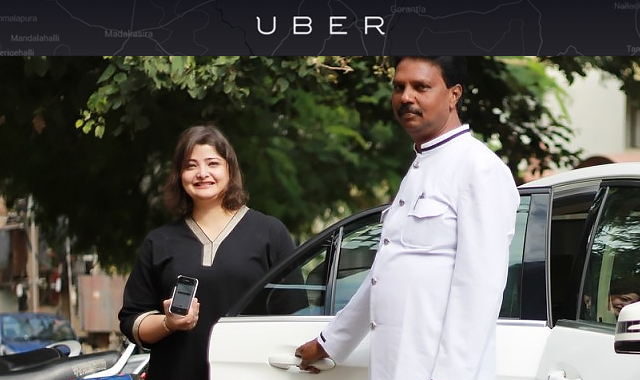The possibility of Uber wrapping up operations in India must have surely come as a shock to loyal users in India.
A recent article stated that the RBI‘s move, asking Uber to comply with its regulations regarding credit card purchases, reduces the ‘ease of doing business’ in India, and could also send a similar signals to potential MNCs that are either doing business, or planning to enter India.
Isn’t every company that does business in a foreign country, bound to comply by the regulations of that country? Of course India has a lot of bureaucratic red tape, and corporations frequently struggle to get around them. However, in the case of Uber this seems to be different. While this directive follows complaints by the Taxi union in India, there seems to be some merit to it.
Credit card frauds in India are high, and the two step verification process was aimed at keeping this in check. While single-click payment is always convenient, be it with Uber or Amazon or others, it will be interesting to following regulations is really big enough to make Uber consider shutting shop in one of the fastest growing and highly lucrative markets. This directive is dwarfed by challenges Uber faces in Europe, with Taxi unions trying hard to ban the service altogether. Uber, two months, your move.
Here’s the article on the same: Link

It makes perfect logical sense for the likes of Amazon and others to make services that are increasingly simple and convenient, but we must understand and appreciate the responsibility the RBI has towards its citizens. The RBI may not be up to speed in terms of tech advances, so it is tougher for it to assume which service is secure, which isn’t.
A few years ago, a relative ordered some medical equipment (that wasn’t easily available) from a small business in China (due to really limited choices). Mode of payment? They asked to ’email’ just the credit card number and expiry date, and much to everyone’s surprise, the payment actually went through. Now that’s what I call scary. If some obscure firm can, or at least could, process a payment with just those two pieces of information, I think it’s quite concerning, and the RBI is just doing its bit to safeguard citizens interest. Even some of the most seemingly secure online businesses have, in the past, been compromised. So who’s to decide whether Uber is secure enough or not, all to save one tiny (albeit irritating) additional step of verification?
LikeLike
Large businesses have a good reason to innovate payment processes and prove to the RBI that there is a way to do a reliable, secure, “One-Click” payment. The RBI only requires that the authentication include some verification that is not on-card (CVV, Expiry are all on card).
It’s banks that are the real hurdle here. But tech companies like Amazon and Apple (and Square) are in a unique position to be able to compete with them and become payment gateways.
LikeLiked by 1 person